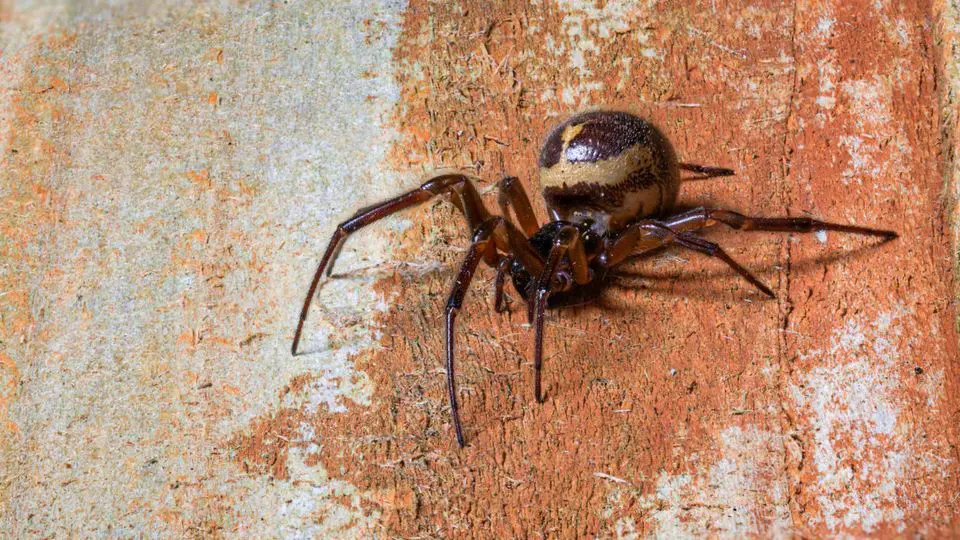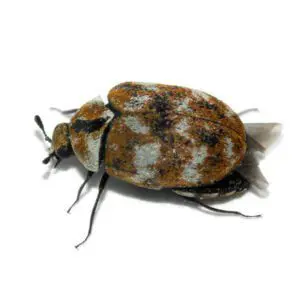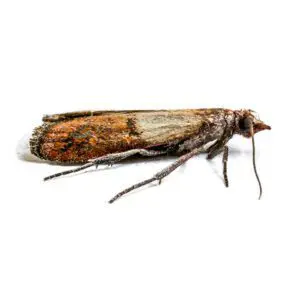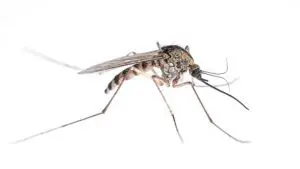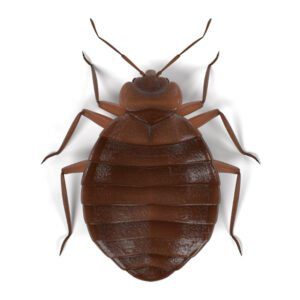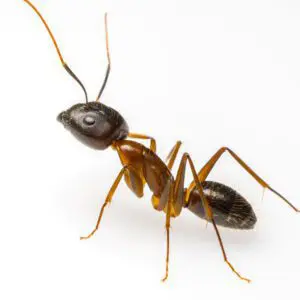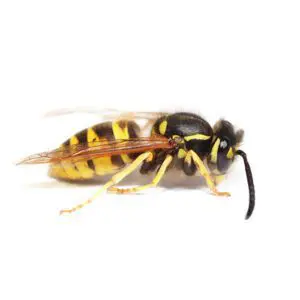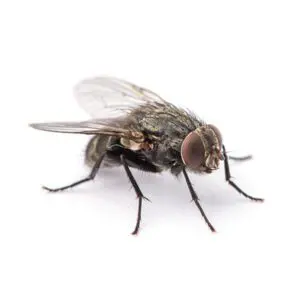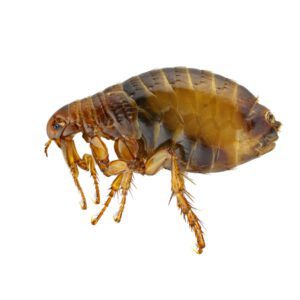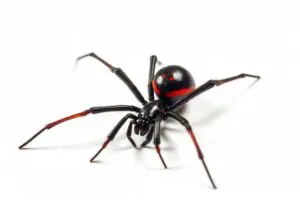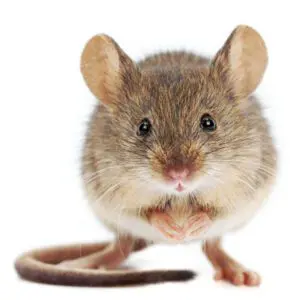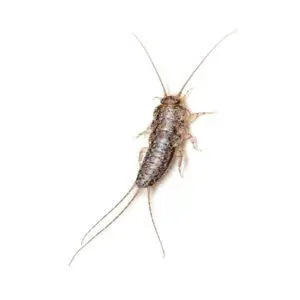How to Identify False Widow Spiders
False widow spiders have become a topic of interest and concern in the UK. Known for their distinctive appearance and the occasional media frenzy about their bites, these spiders often prompt questions like “Should I kill a false widow spider?” and “Are false widows dangerous?” This blog will help you identify false widow spiders, understand their bite symptoms, and know what to do if you encounter them.
Identifying False Widow Spiders
False widow spiders, or Steatoda species, are commonly found in the UK and are often mistaken for the more dangerous black widow spiders due to their similar appearance. Here’s how to identify them:
- Size: False widows are medium-sized spiders, with females typically measuring about 8-13mm in body length and males being smaller.
- Colour and Markings: They have a shiny, bulbous abdomen which can range in colour from purplish-brown to black, often with distinctive cream markings that can resemble a skull shape.
- Web: These spiders create a messy, tangled web in corners, cracks, and crevices, often at elevated positions.
- Habitat: False widows prefer warm, sheltered environments like sheds, attics, and garages. In the UK, they are particularly common in the southern regions.
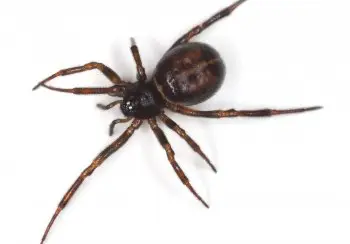
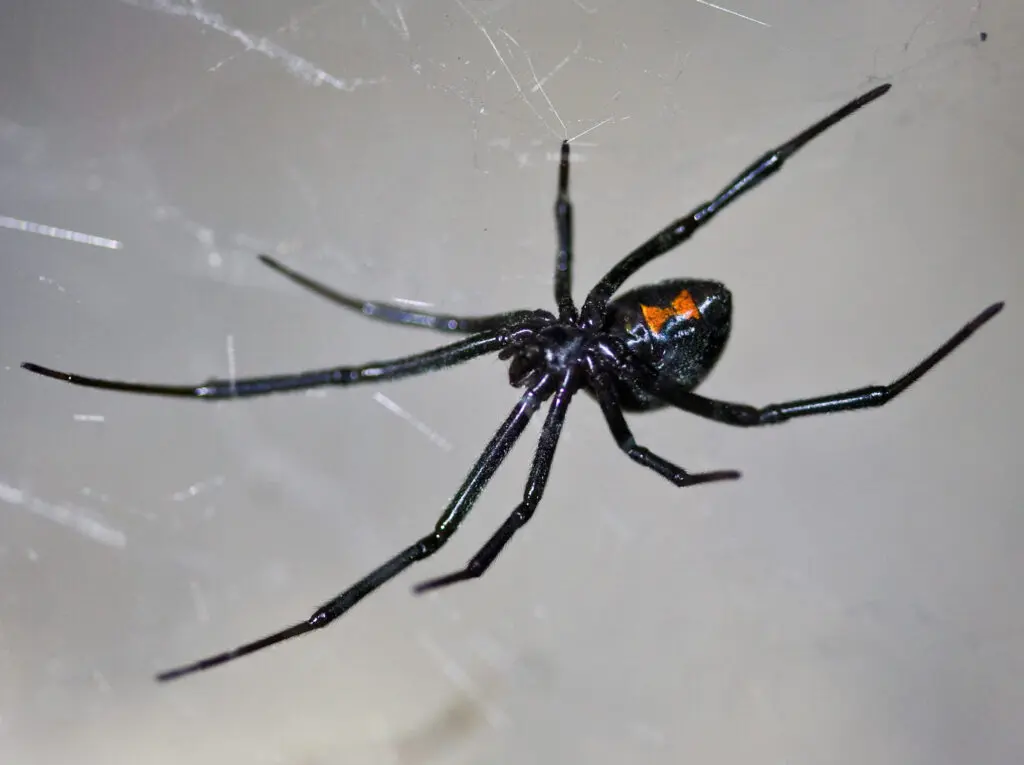
Look-Alike Spiders
There are several spiders that can be mistaken for false widows due to their similar size and colour. The common house spider, for instance, shares some characteristics but lacks the glossy sheen and the specific markings of the false widow. If you’re unsure, it’s best to consult an expert in pest control for accurate identification or use our Pest Identification Tool.
False Widow Spider Bites
Symptoms of a False Widow Bite
A bite from a false widow spider can cause various symptoms, although they are generally mild:
- Pain and Redness: The bite site may be red and swollen, with some reports describing the pain as similar to a bee sting.
- Nausea and Fever: In rarer cases, individuals might experience nausea, fever, and dizziness.
- Necrosis: Severe reactions, though uncommon, can include a small area of necrosis (dead tissue) around the bite site.
It’s crucial to note that while these spiders can bite, they are not aggressive and bites are rare. Most bites occur when the spider is provoked or trapped against the skin.
What to Do if Bitten
If you suspect a false widow spider bite, clean the area with soap and water and apply a cool compress to reduce swelling. Over-the-counter painkillers can help manage discomfort. However, if symptoms worsen or signs of an allergic reaction appear, seek medical attention promptly.
Are False Widows Dangerous?
The false widow spider is often sensationalised in the media, leading to fears about its danger to humans. While their bites can be uncomfortable, they are not generally life-threatening. Most people experience minor symptoms that resolve without medical intervention.
Should I Kill False Widow Spiders?
Given their relatively low risk, there’s no need to kill false widow spiders. They are part of our ecosystem and help control pest populations. If you find them in your home, it’s usually sufficient to relocate them outdoors. For large infestations, you may need to seek professional pest control for removal.

